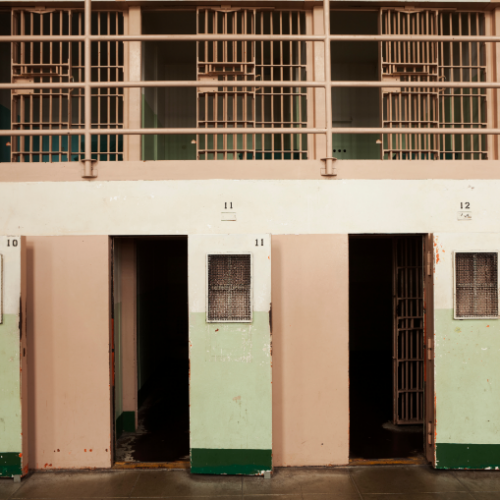On June 12, 2013, Congressman Danny Davis (D-IL) hosted a briefing called “Responsible Fatherhood: Promoting the Best Interests of Children.” Members of Congress and community stakeholders attended the briefing and discussed the promotion of legislation and public policy that improves opportunities for fathers to be connected with their children and families. Congressman Davis noted the need to create opportunities for fathers to maintain their relationships with their children and families. Congressmen Elijah Cummings (D-MD), André Carson (D-IN), and William Lacy Clay (D-MO) spoke about policies affecting lower income minority families and communities of color, such as TANF Welfare Reform, child support, and criminal justice.
Panelists included: Bilal Qayyum, President of Father’s Day Recognition Committee, who spoke on the grassroots organizing of fathers; Lisa Nkonoki, President of Women In Fatherhood, Inc., who spoke about how women can advocate for family and community well-being through the support of positive father involvement and healthy family relationships; and Shawn Dove, Campaign Manager of Open Society Foundation’s U.S. Programs Campaign for Black Male Achievement, who spoke about national philanthropic initiatives to improve the outcomes of black men and boys in the areas of education, work, and family.
Gene Falk, Social Policy Specialist at the Congressional Research Services, also spoke about findings of a comparative study of workforce programs proposed in the 2013 Julia Carson Responsible Fatherhood Act of and the in American Jobs Act.
To learn more about families as it relates to reentry, click here.
A positive school experience, where a child feels secure, is essential for their well-being. However, for many children…
Read More The Path to Statewide Community Crisis Response in New Jersey: A Community Advocate’s Perspective
Read More
The Path to Statewide Community Crisis Response in New Jersey: A Community Advocate’s Perspective
Read More
 Supporting Children of Incarcerated Parents: Reimagining School and Community Collaboration
Supporting Children of Incarcerated Parents: Reimagining School and Community Collaboration
A positive school experience, where a child feels secure, is essential for their well-being. However, for many children with incarcerated parents—one in 14 in the U.S.—school can feel far from safe due to stigma, trauma, and a lack of understanding.
Read More Bridging Communities and Correctional Systems: Q&A with CSG Justice Center Advisory Board Member Commissioner Nicholas Deml
Read More
Bridging Communities and Correctional Systems: Q&A with CSG Justice Center Advisory Board Member Commissioner Nicholas Deml
Read More
 Assigned to the Cloud Crew: The National Incarceration Association’s Hybrid Case Management for People with Behavioral Health Needs
Assigned to the Cloud Crew: The National Incarceration Association’s Hybrid Case Management for People with Behavioral Health Needs
When returning to their communities from criminal justice settings, people with behavioral health needs face barriers in accessing basic needs—including food, housing, employment, transportation, education, clothing, and substance use and mental health services—which increases their risk of experiencing a crisis.
Read More Meet the Medicaid and Corrections Policy Academy Mentor States
Meet the Medicaid and Corrections Policy Academy Mentor States
New Hampshire Department of Corrections Commissioner Helen Hanks presents at the Medicaid and Corrections Policy Academy in-person meeting.
Read More










